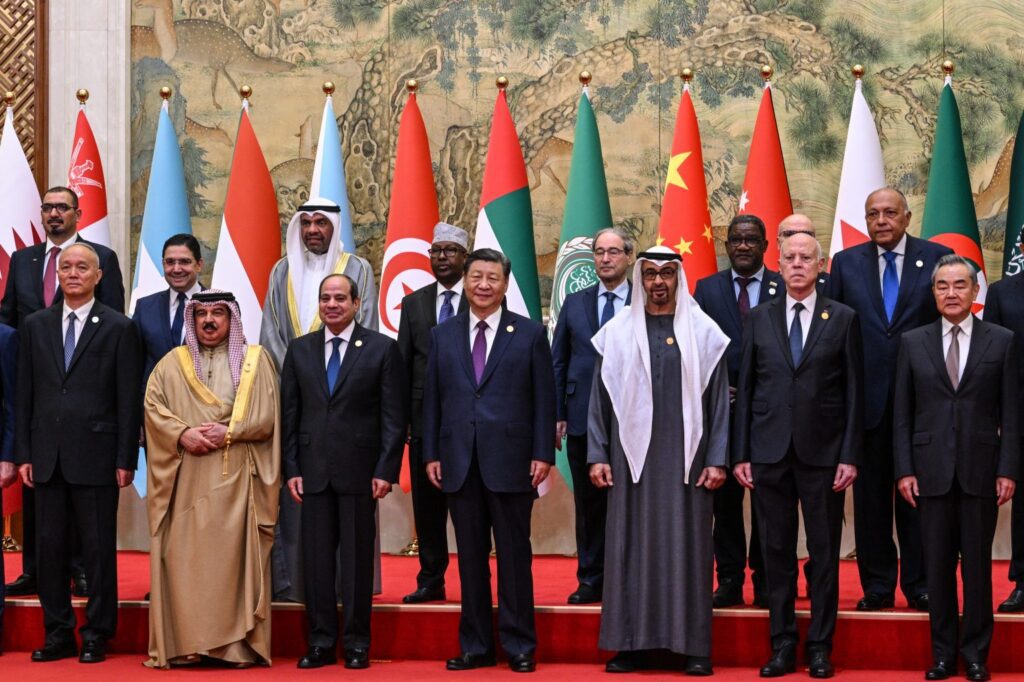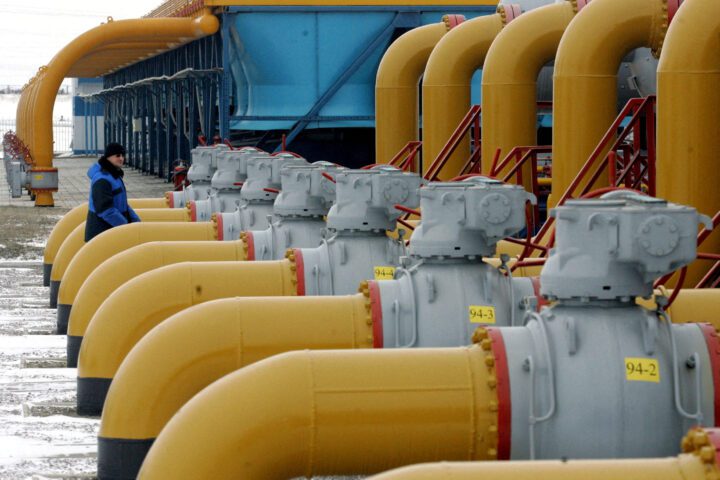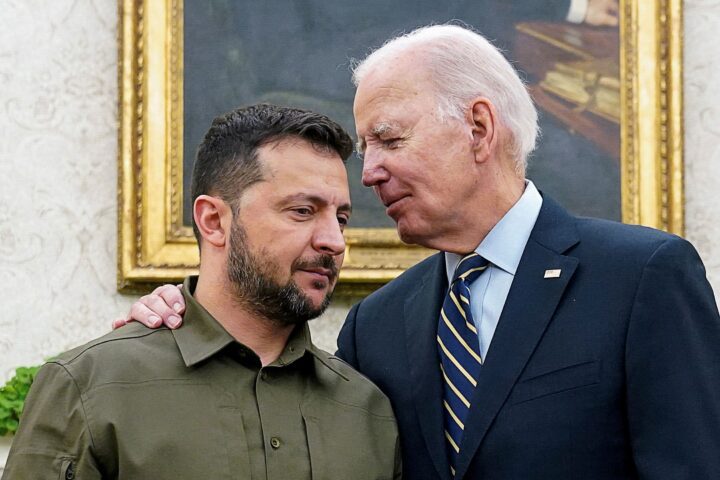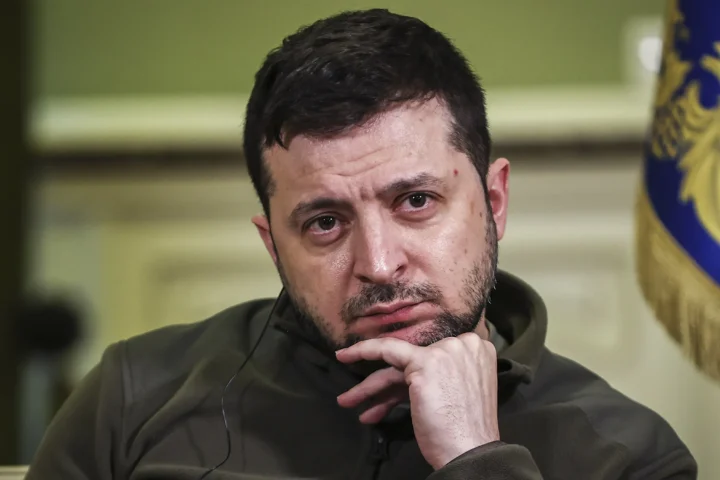U.S. Imposes Sanctions On Iran and Russia
U.S. Imposes Sanctions On Iran and Russia, citing alleged efforts to interfere in its 2024 elections.
In a statement on Tuesday, the US Department of the Treasury said an affiliate of Russia’s military intelligence agency (GRU) and a subsidiary of Iran’s Islamic Revolutionary Guard Corps (IRGC) had worked to rise domestic tensions. “The governments of Iran and Russia have targeted our election processes and institutions, seeking to divide the American people through targeted disinformation campaigns,” the statement read.
According to the U.S. Treasury Department, the Cognitive Design Production Center has been orchestrating influence operations since at least 2023. Meanwhile, the Moscow-based Center for Geopolitical Expertise (CGE) was actively involved in spreading disinformation about election candidates, directing and funding the creation of deepfake content.
The Treasury further stated that CGE manipulated a video to fabricate “baseless accusations concerning a 2024 vice-presidential candidate”, though it did not specify which candidate was targeted.
Exploiting divisions and political discord
According to a recent report by the National Security Agency (NSA), affiliates of the Iranian and Russian governments are accused of interfering in the 2024 US elections. Their alleged efforts to meddle in America’s democratic processes aim to exploit existing divisions and foster further political discord. The NSA’s report underscores the growing sophistication and audacity with which state actors are willing to employ cyber tactics in their geopolitical power plays.
Iran, for instance, hacked the emails of advisers to Mr. Trump, mirroring the 2016 Democratic National Committee breach, according to intelligence and law enforcement officials. Additionally, Iranian operatives created fake news websites targeting Arab American communities in Michigan, aiming to manipulate public opinion.
However, Russia’s influence operations were more intense and sustained, involving at least two separate disinformation campaigns and a covert effort orchestrated by the state-run television network RT and the K.G.B. As part of this initiative, Russian operatives funneled at least $10 million to American influencers, including Benny Johnson, Tim Pool, and Dave Rubin, according to an affidavit filed by the Justice Department.
While Russia’s actions in the final days of the campaign appeared aimed at sowing doubt about a potential Democratic-led election theft, its broader strategy focused on mobilizing disengaged Trump supporters and increasing their political participation.
Do sanctions work?
These sanctions, while serving as a punitive measure, also act as a deterrent against further interference. Yet, their efficacy remains a contentious issue. Longstanding sanctions on Russia related to the Ukraine conflict have not halted its aggressive actions. Similarly, a decade of sanctions against Iran have not significantly modified its behavior, either domestically or internationally.
While the benefits of economic sanctions are not assured, the costs often are not. Trade sanctions deprive the United States of the gains from trade and frequently penalize american exporting firms.
A research from IIE research estimated that economic sanctions costed the United States $15 billion to $19 billion in 1995. The research suggests that even limited sanctions, such as restrictions on foreign aid can have a large effects on bilateral trade flows.
Indeed, many American businessmen claim that the effects of even limited unilateral US sanctions go well beyond targeted sectors and that the effects linger long after they are lifted because US firms come to be regarded as “unreliable suppliers.” Sanctioned countries may avoid buying from US exporters even when sanctions are not in place, thus giving firms in other countries a competitive advantage in those markets.
In a rapidly changing global economy, unilateral sanctions are decreasingly useful yet increasingly costly. Sanctions must be multilateral and carefully formulated to have any chance at all of producing favorable outcomes.
The Economic Fallout
Sanctions, though primarily political tools, carry profound economic consequences that are both far-reaching and complex. For Russia, heavily dependent on oil and gas exports, the sanctions have curtailed access to key markets, leading to a sharp devaluation of the ruble. This devaluation has fueled inflation, compounding economic hardship for ordinary Russians.
The ripple effects extend beyond Russia’s borders. Europe, heavily reliant on Russian gas, faces the looming threat of energy shortages and soaring prices, underscoring the interdependence of global energy markets. Meanwhile, for Iran, the sanctions have deepened an already fragile economic crisis, further isolating the nation from international trade and finance.
The cascading impacts highlight the dual-edged nature of sanctions, exerting pressure on target countries while reshaping global economic dynamics.
What’s Next?
The US’s latest sanctions come at a precarious moment. With Ukraine still embroiled in conflict and relations between the West and Russia at a nadir, the international community faces a complex set of challenges. The question, however, is whether these sanctions will deter future interference, or inadvertently escalate the situation further.
As the cyber domain becomes an increasingly prominent battlefield, nations must strive to enhance their defensive and offensive capabilities. At the same time, international norms and regulations governing cyber warfare remain nascent and underdeveloped. This new frontier of conflict necessitates not only technical prowess but also diplomatic acumen to forge consensus on rules of engagement.






